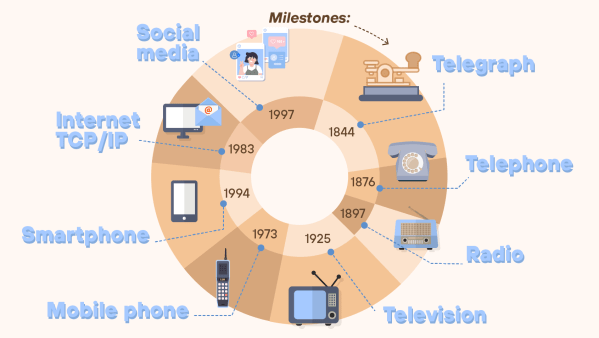While this technology is set to revolutionise several industries, it also poses significant challenges to current cybersecurity practices . Conventional encryption techniques could be compromised by the capabilities of quantum computers, which can solve complicated problems in a matter of minutes, compared to millennia for ordinary supercomputers. This highlights the need for improved security measures in the telecommunications industry, which is closely linked to the transmission and protection of sensitive data.
The rise of quantum threats
Quantum computers operate according to the principles of quantum mechanics, which means that they mainly use four key principles of quantum physics. Instead of bits, they are qubits. And quantum computing is a science in itself, so perhaps we can leave that for another article. What is important to know is that, thanks to this, quantum computers can perform multiple calculations at the same time. This ability allows them to crack widely used encryption algorithms, such as RSA and ECC, which protect most online communications today. For telecoms, this means that once quantum computers become powerful and accessible enough, the security of encrypted communications, customer data and network operations will be at risk. Experts predict that even data that is encrypted now could be stored by malicious actors and decrypted later, when quantum computers become sufficiently powerful or more accessible.
The telecommunications sector: a critical target
The large volumes of business, personal and government data handled by telecommunications companies make them easy targets for quantum computing-enabled cyber-attacks. The sector’s networks are critical to international communication, finance and even national security. Telecommunications companies will have to switch to quantum computing-resistant encryption to safeguard their networks from disastrous breaches, as quantum computers can bypass conventional encryption.
Organisations in the telecommunications sector are already beginning to act, adhering to laws and regulations. For example, the US government has directed federal agencies to begin implementing post-quantum cryptography (PQC) protections through the Quantum Computing Cybersecurity Preparedness Act. Similarly, the Monetary Authority of Singapore encouraged the corporate sector to take proactive measures by publishing tips to mitigate quantum cybersecurity issues.
Post-quantum cryptography
In response to these concerns, technology companies and researchers are working on post-quantum encryption methods that withstand quantum decryption capabilities. Companies such as Google and Apple began experimenting with quantum security cryptography techniques in 2024 in an effort to keep pace with developing technologies. Google has integrated quantum-resistant protocols into its internal communications, while Apple has built the PQ3 system to safeguard iMessage from any future quantum attacks.
In response, the National Institute of Standards and Technology (NIST) has chosen four quantum-safe algorithms as winners of a six-year competition. These algorithms are designed to provide a robust defence against the threat posed by quantum computing, enabling companiesᅳincluding telecommunications companiesᅳto deploy systems that are resilient to quantum computing.
New scenarios
The shift to secure encryption for quantum computing brings its own set of challenges. Many telecommunications infrastructures rely on outdated systems that are not compatible with modern cryptographic profiles. Companies have to examine their systems, estimate the time required to transition to quantum security alternatives and designate the resources needed for this implementation.
However, quantum computing also presents exciting opportunities in the quantum world. It has the potential to unlock new optimisation and problem-solving capabilities in a variety of sectors, including telecommunications. It has the potential to improve areas such as network optimisation, traffic management and even the development of more secure quantum communication channels, such as quantum key distribution (QKD), which uses the principles of quantum mechanics to secure communication.
Preparing for the quantum future
Telecommunications companies must act early, prepare accordingly to mitigate quantum risks and prepare their infrastructures for the future. The idea is that if you start thinking about quantum computing when it is already here, then it is already too late. As quantum computing develops, organisations must implement quantum-resistant cryptography, re-evaluate their data protection strategies and adopt modernised cybersecurity protocols. The race is on not only to harness the power of quantum technology, but also to defend against the threats it brings to the telecommunications cybersecurity landscape.











